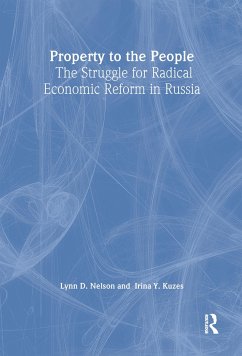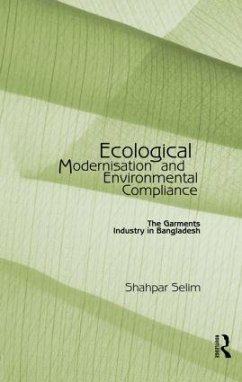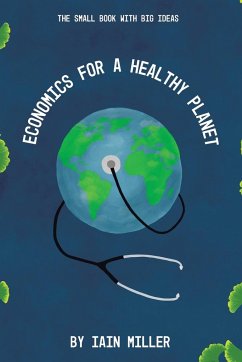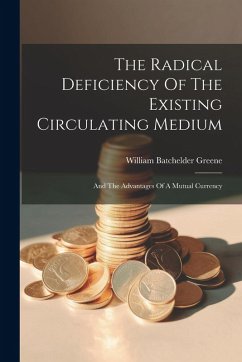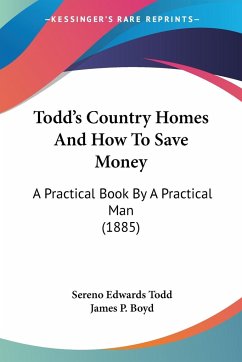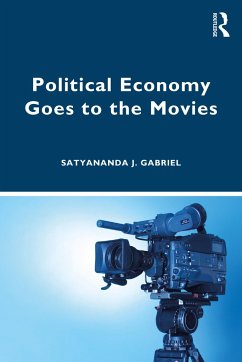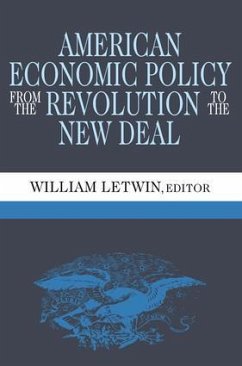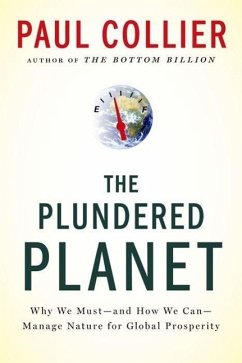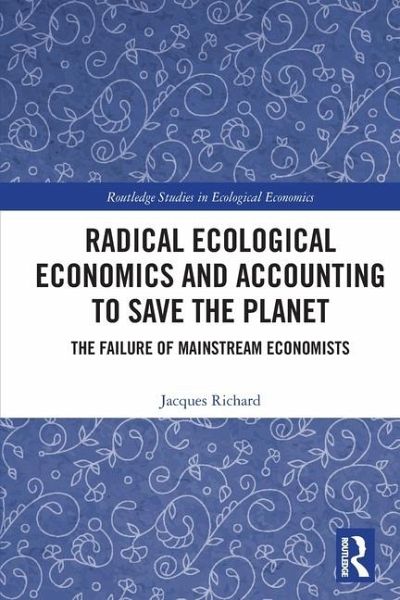
Radical Ecological Economics and Accounting to Save the Planet
The Failure of Mainstream Economists
Versandkostenfrei!
Versandfertig in 1-2 Wochen
56,99 €
inkl. MwSt.
Weitere Ausgaben:

PAYBACK Punkte
28 °P sammeln!
The solutions and tools generally offered to policy-makers on environmental issues most often emanate from neoclassical economists. This book shows that the tools of these economists are ineffective for the job and must be replaced by methods from the sphere of ecological accounting.





